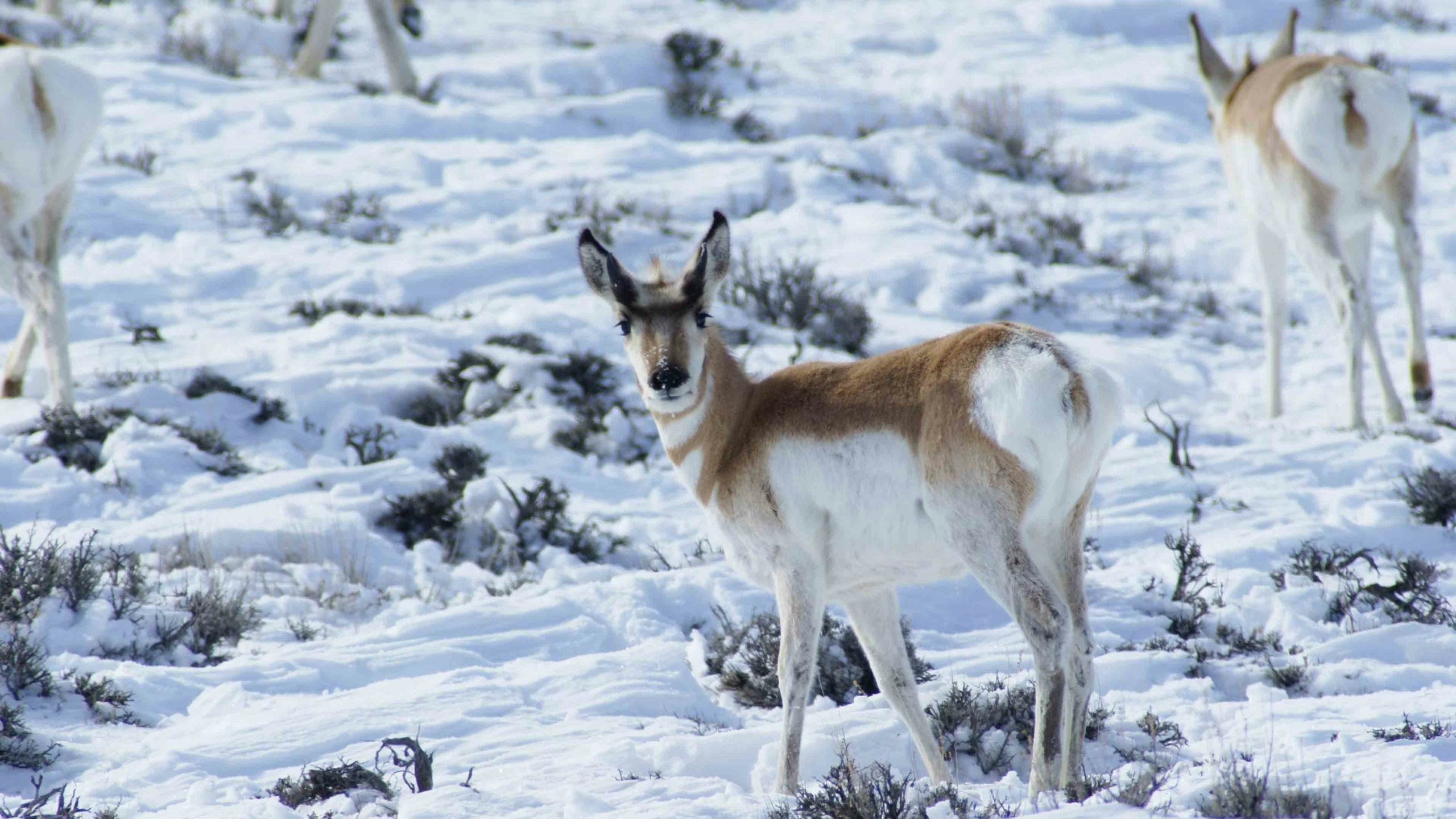Last week the Wyoming Legislature adopted revisions to two draft bills that allow state officials to move forward in pursuing a huge land purchase involving 1 million acres of surface and 4 million acres of mineral rights in the checkerboard of southern Wyoming. The properties at issue are the former Anadarko assets owned by Occidental Petroleum.
The major amendments to the bills now require some level of public comment, as well as an affirmative vote of the legislature before the deal could be finalized. There are still more questions about the proposal than answers, and state officials are providing few specifics. Changes have been made to the bills that require more specifics – but the details won’t be revealed until after the legislature gives the state’s top elected officials the go-ahead to conduct its due diligence on the possible land purchase.
Public Input
When it comes to public comment, provisions of the two bills differ in specifics. Senator Cale Case (R-Fremont) amended the Senate bill (Senate File 138) requiring that when state officials present their report and recommendations on moving forward with the land purchase to the legislature, the State Loan and Investment Board (SLIB) will immediately “make available to the public on its website the details of the purchase including the locations of the assets, the purchase price, the funding source for the purchase, the projected costs to manage the land and projected revenue streams from the assets purchased.”
Case’s amendment also requires SLIB to “establish an open public comment period to review the details of the proposed purchase, during which members of the public may submit written comments electronically, by mail or both.”
The bill also requires SLIB to hold at least one informational public hearing within a geographic area in Wyoming that would be affected by the proposed purchase, and that public testimony be taken at such a hearing.
The House bill (House Bill 249) only requires SLIB to hold at least “one public meeting in any county where the land to be purchased is located to gather input prior to the purchase.” This amendment was sponsored by Stan Blake (D-Sweetwater), John Freeman (D-Sweetwater), Albert Sommers (R-Sublette), and Clark Stith (R-Sweetwater).
Other Differences
The bills differ in substantive ways:
The Senate bill provides for two members of the house and two members of the senate to act as liaisons to SLB as it investigates the deal; the House version provides for three members from each chamber.
The Senate bill allows the state to take money from the Legislative Stabilization Reserve Account (LSRA); the House bill deleted this provision and instead allows the state to issue special revenue bonds to fund the deal.
Both bills allow the state to dip into the permanent Wyoming mineral trust fund, the common school account, and other sources, to fund the deal. While the House bill allows the state to aggregate its money from these varied accounts to make the purchase, it also requires that each funding source used “shall acquire separate assets that are segregated from assets of the other funding sources used.”
The Senate bill was amended to allow SLIB to accept “federal grants and other contributions, grants, gifts, bequests and donations from any source” to complete the deal. State officials have been mum as to what kind of gift they may be negotiating, and what strings may be attached to such a gift.
Both bills would establish a payment in lieu of taxes program for counties affected by the loss of taxation if the deal is passed (since the land would convert from private property to government property).
Management
How the land would be managed is another issue. The Senate bill calls for the board of land commissioners to manage all surface and mineral interest purchased, with SLIB to manage the “other” assets “in accordance with its management of other state investments.”
The House bill provides for the state land board to manage all the “surface, subsurface and mineral interests,” while SLIB manages “other” purchased assets (neither bill states what those “other” assets are), and allows for the state to retain a manager for the properties, and that “all state laws governing the management of state lands shall be applicable.”
The House bill includes other specific provisions that the Senate bill lacks:
• No royalty payable to the state can be reduced from the rate in existence at the date of the deal; and
• No grazing lease or permit in existence when the deal is made can be modified in any manner without the consent of the lessee or permit holder.
Assets Outside Wyoming
The Senate bill allows the state board of land commissioners to determine whether it should sale any acquired properties that are located outside Wyoming and gives the board the authority to sell those assets. The House bill requires SLIB to report to the legislature whether any of the purchased property in other states “should be reviewed by the board of land commissioners for immediate or subsequent sale or exchange.”
What’s Next
Both bills have passed through their houses of origin and will now be considered by the other chamber. SF138 will be considered in the House, and HB249 will be considered in the Senate. You can follow the action here.
Cat Urbigkit is an author and rancher who lives on the range in Sublette County, Wyoming. Her column, Range Writing, appears weekly in Cowboy State Daily.





